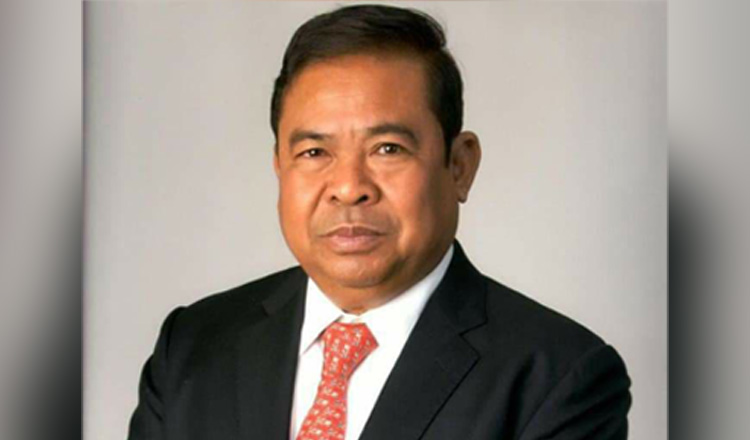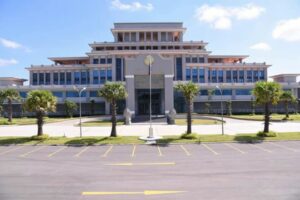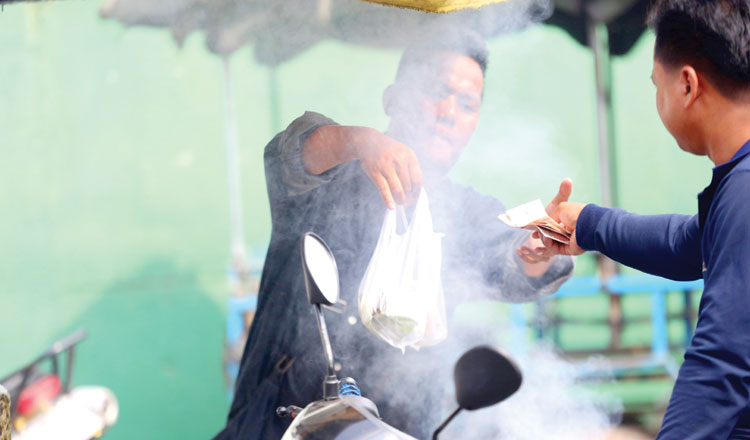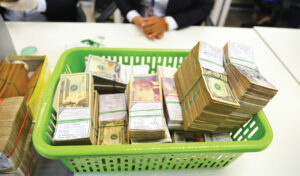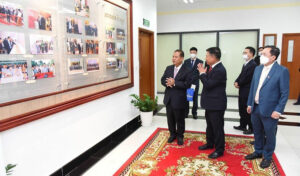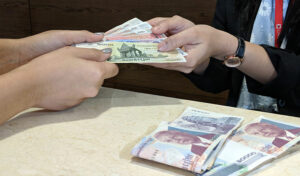NBC governor thanks IMF for development support
The International Monetary Fund (IMF) and Cambodia have met virtually to discuss and evaluate the Kingdom’s macro-economic situation during the ongoing COVID-19 pandemic.
The meeting took place via video conference between Governor of the National Bank of Cambodia (NBC) Chea Chanto and head of the IMF Team for Cambodia Alasdair Scott, this week.
During the meeting, Chanto informed the IMF team about government efforts in preventing the spread of COVID-19 and in stabilising the country’s economy since the breakout of the virus.
He said to support economic activities, the NBC had also improved its currency policy, by easing various regulations in order to increase cash injections into the banking system as well as encouraging loan restructuring to help clients facing financial hardships.
The governor also extended his thanks to the IMF for its contribution to Cambodia’s development, especially in the banking sector.
Speaking for the IMF, Alasdair Scott shared a glowing appreciation for Cambodia’s banking policy amid the pandemic and its key role in helping to stabilise the micro-economy during the crisis. He also pledged that the IMF will continue cooperating with the NBC, especially in the areas of financial security, currency policy and development towards a fully integrated banking data system.
The news comes after the Ministry of Economy and Finance (MEF) forecast strong growth for Cambodia in 2021.
According to a report by the MEF, growth is expected to recover by 4 percent, following 2020’s virus-induced contraction of 3.1 percent.
The report included growth projections of 0.3 percent for hotels and restaurants, 4.5 percent for the garment industry, 2.9 percent for construction, 2.7 percent for real estate, 1.3 percent in agriculture and 12.5 percent in non-garment manufacturing.
Vongsey Vissoth, Permanent Secretary of State at the Ministry of Economy and Finance, said that the 4 percent growth projection appears conservative in the ministry’s estimation.
“We see the Regional Comprehensive Economic Partnership (RCEP) deal with China and the newly signed free trade agreement with South Korea as attracting more foreign direct investments into the country,” he said.
Vissoth said that the economy’s recovery is down to the government’s comprehensive plan, which committed to a step-by-step process of reform, building resiliency and trust among the public and businesses and investors,” he added.
“The effective control of the COVID-19 pandemic by the government, its maintenance of social and economic stability, the increase in competitiveness and resilience-building as well as the issuing of the new law on investment and the law on public-private partnerships [3Ps] has been important,” he added. Khmer Times

